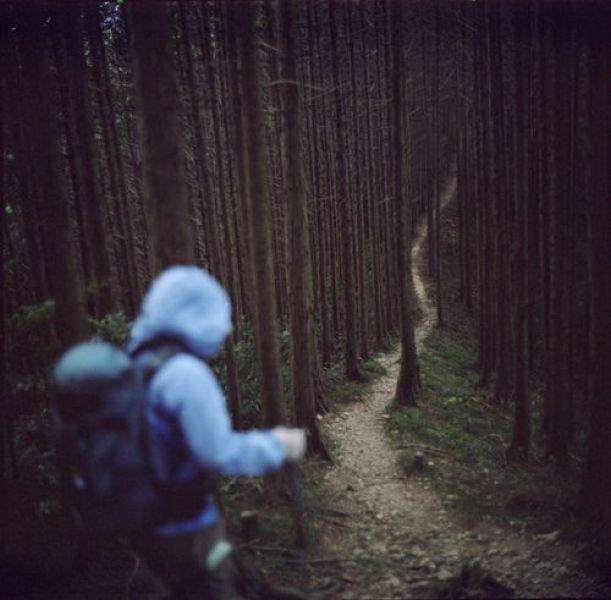The Road Not Taken
by Stephanie Hoffmeyer
One of my favorite poets is Robert Frost - cue collective uber-groan of hipster disgust. Not an apology, but rather recognition that Robert Frost’s poetry has a distinct and subtle wisdom. Specifically the last five verses of “The Road Not Taken:”
“I shall be telling this with a sigh
Somewhere ages and ages hence:
Two roads diverged in a wood, and I –
I took the road less traveled by,
And that has made all the difference.”
“The Road Less Traveled” is a poem about choosing a path. On the surface, our author ponders and then chooses a path in the woods on which to walk. One path has been trekked upon by many a wanderer; the grass has been tamped down, the ground evened by traffic. In a word, safe, even comfortable. The other path “was grassy and wanted wear” or untouched; long grass and knotty tree roots so rudely taking up real estate. Potentially dangerous for an incautious, hasty surveyor.
Our subtext here is (just one interpretation anyway) there is a decision to be made; a literal crossroads. What we often face in making any decision is that there are multiple avenues.
Interestingly enough, in the first two bars Robert Frost describes what could be disdain, contempt, maybe even disgust or pre-regret, saying:
“I shall be telling this with a sigh
Somewhere ages and ages hence”
It seems to me there’s almost no decision in taking “the road less traveled by.” It indicates a habit from the author; that he has always chosen and may always continue to choose to take the road less travelled.
Have you ever traced your life backwards to try to find the crux of how you got to the present moment?
If I wouldn’t have worked here, I wouldn’t have met…
If I’d chosen to leave just a few minutes earlier or later, I wouldn’t have…
While this may seem like coincidences being strung together, really it’s a series of decisions being made in aor thepresent moment.
I think this is why it’s so important to value, even cherish, the present. It allows us to become the master of our own lives. Being fully present is a nuanced exercise because it is a constantly moving target. Not to mention, it is much easier to live in, or even recreate the past. It is also easier or more fun to live in/create your own future through the stories we tell ourselves. Do you know the stories you tell yourself?
In his poem, Robert Frost moves through time so eloquently and so quietly that we hardly even notice it. He masterfullymoves from the future to the past all in one presently represented thought. This masterful movement is, perhaps, representative of human-kind’s “Long Road Ahead” to, let’s call it enlightenment (peace, contentedness).
But, after all, being a master starts somewhere. Mastering living in the present is habitually reminding yourself to live here, not back there and not up ahead. Becoming masterful, then, is a habit.
I believe learning these nuances can allow for reflection without judgment. It is considerate of new decisions by not bringing in baggage. It respects the future by allowing it to unfold without resistance.

